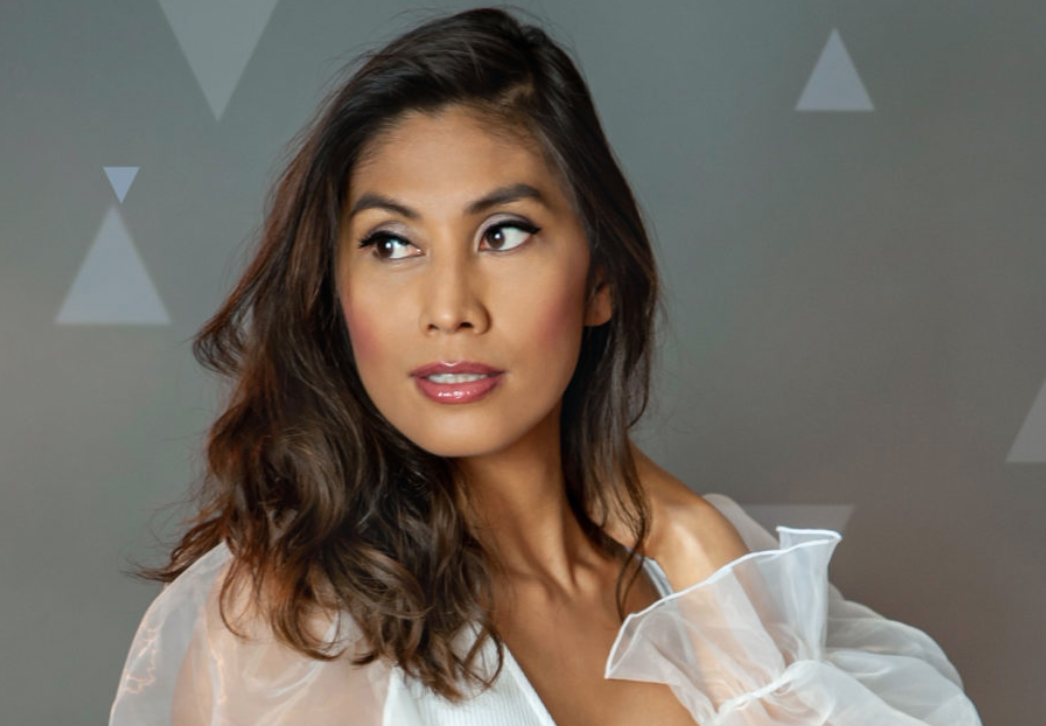Rain Valdez on how she’s changing trans stories in Hollywood
By Dorothy Hastings, for PBS NewsHour CANVAS
When Rain Valdez entered an acting class, she was often the lone queer person or the only trans woman.
During auditions in Hollywood, she was pigeonholed into playing roles that centered around certain stereotypes about sexuality, gender and race. But Valdez wanted more nuance — and more people like her in the room.
20 years on, Muslim journalists reflect on reporting in a post-9/11 world
After Sept. 11, the U.S. saw a spike in hate crimes across the country. That year, the FBI’s Uniform Crime Reporting program recorded the most hate crimes ever reported to date. Nearly 5 percent of all hate crimes committed that year were directed against Muslims.
21 lesbian bars remain in America. Owners share why they must be protected
The number of lesbian bars has decreased in the past few decades to just 21, according to the Lesbian Bar Project, a collective launched by filmmakers Erica Rose and Elina Street to raise awareness and help the remaining bars survive the COVID-19 pandemic. That number is a drop from the more than 200 lesbian bars in the late 1980s, according to a 2019 report from Greggor Mattson, an associate sociology professor at Oberlin College. Owners and general managers share what makes these queer spaces for lesbians vital, how they weathered through the economic fallout from the coronavirus pandemic, and why this piece of LGBTQ nightlife needs to be preserved.


